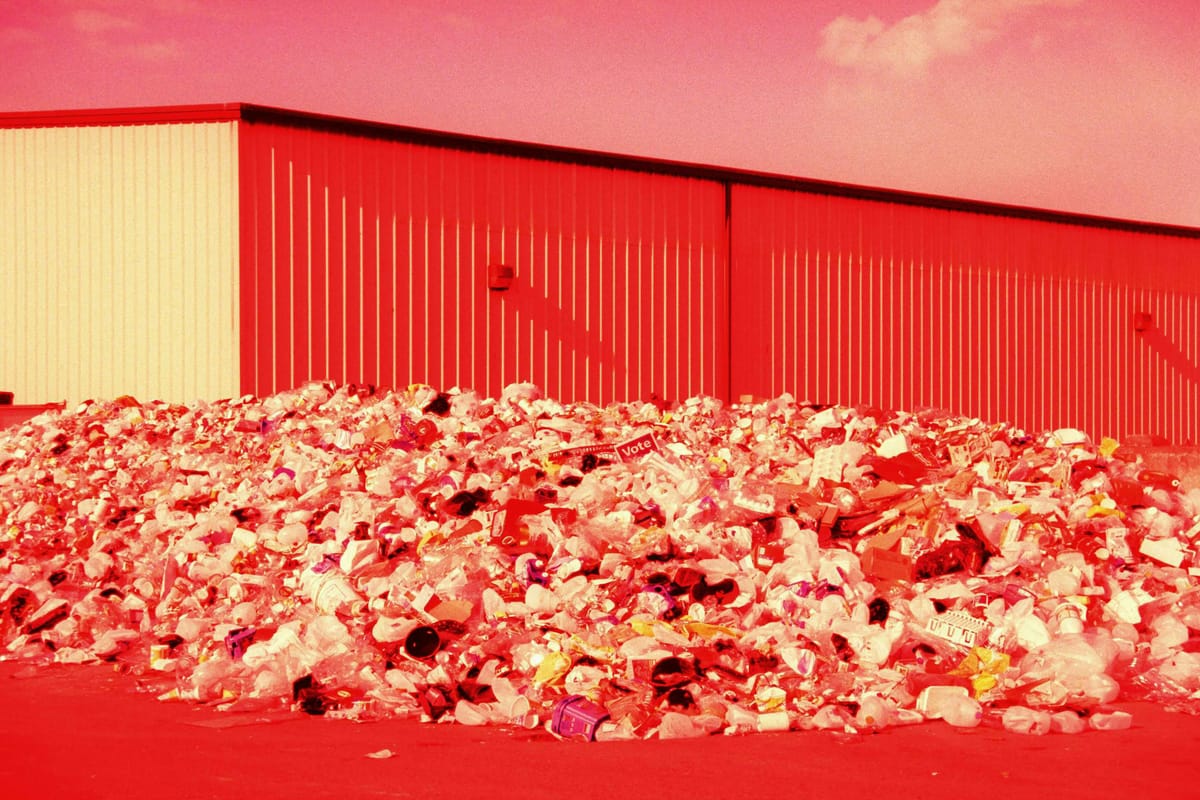Wholesalers Sue Oregon Over New Statewide Recycling Law

Industry Group Challenges Constitutionality of Fee Program
PORTLAND, Ore. — A trade group representing the $8.2 trillion wholesale distribution industry has filed a federal lawsuit against Oregon, aiming to halt a new statewide recycling law that took effect last month.
The National Association of Wholesaler-Distributors sued the state July 30 in U.S. District Court in Portland, naming the Oregon Department of Environmental Quality, Environmental Quality Commission and State Attorney General Dan Rayfield as defendants. The group argues that the law is unconstitutional and unfairly burdens distributors.
The Plastic Pollution and Recycling Modernization Act, passed in 2021, establishes uniform recycling standards and new packaging fees for companies that sell products in Oregon. Fees are based on the weight and recyclability of materials, with lighter and reusable packaging carrying lower costs. The goal is to shift some disposal costs from residents and local governments to the companies that create packaging waste.
Distributors Object to Fee Structure
The lawsuit centers on the state’s decision to give regulatory authority over the fee schedule and collections to the Circular Action Alliance, a Washington, D.C.-based nonprofit formed by 20 multinational corporations, including Amazon, Coca-Cola and Nestlé. The alliance manages similar programs in California, Colorado, Maine and Maryland.
In Oregon, the alliance sets fees for 60 material categories and helps decide where the money is invested to improve the state’s recycling infrastructure.
Eric Hoplin, the association’s president and CEO, said the program shifts costs to distributors who have no say over how products are packaged.
“Rather than encourage sustainability through a uniform and transparent system where compliance burdens are shared across industries, Oregon chose to shift the burden to the parts of the supply chain that have little to no control over decisions to design, reduce, reuse or recycle a product,” Hoplin said in a statement on the group’s website.
In court filings, the group’s lawyers argued that the law discriminates against out-of-state producers and violates due process. They also criticized the Circular Action Alliance’s fee-setting methodology, saying it was not publicly disclosed or subject to rulemaking, and that companies were given no opportunity to challenge the fees.
“For many, particularly for small and medium-sized businesses operating on thin margins, the fees were unexpected and unexpectedly high,” they wrote.
Lawmakers Defend the Policy
State Sen. Janeen Sollman, D-Hillsboro, who co-sponsored the law, said it is designed to make producers responsible for the waste they create.
“If a producer creates more packaging waste, a producer will pay more for the disposal of the waste, not Oregonians,” Sollman said. “Oregon’s residential customers and small businesses are bearing the greatest burden of the rising cost of waste.”
Sollman accused the industry of prioritizing profits over environmental responsibility. “The lawsuit they filed Wednesday threatens our progress toward a cleaner, more sustainable Oregon,” she said.
